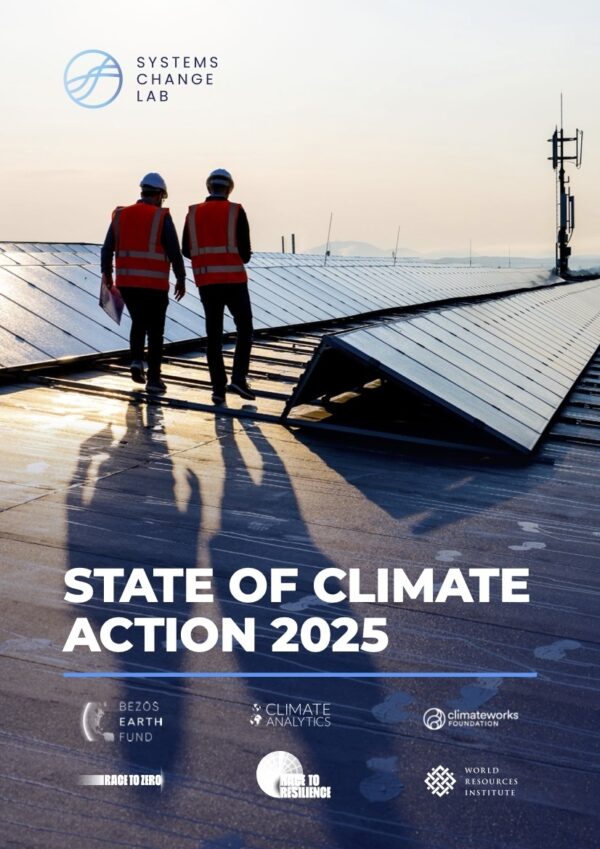Linkages between transport policy and other policy areas
Authors
Marcin Wołek Piotr Chrzanowski, Johanna Fabiszewska-Solares, Krzystof Krawiec, Dariusz Kasperek, Marton Vargha, Andrzej Ancygier

New trends and challenges are shaping the transport sector at global and local levels. Resilience, as an interdisciplinary challenge influencing all levels of public authorities, has become a crucial feature of complex urban policy. Another important element of local policy is transport and mobility, which has strong links to various contemporary issues, including climate change, volatile fuel and energy markets, societies’ expectations around quality of life, the pandemic and armed conflicts.
Instability in the prices of primary energy carriers, for instance, is a destabilising factor in electricity and transport markets. Furthermore, the impact of the pandemic on the functioning of urban transport systems was manifold and had far-reaching consequences. The collapse in demand for public transport services during lockdowns translated into a drastic reduction in revenue from ticket sales even as many cities tried to maintain or even increase supply during peak times of the day to avoid congestion in vehicles, a source of additional running costs.
A deterioration of the revenue base in Polish municipal governments (partly as a result of unfavourable legal and taxation changes) and rising costs (inflation, fuel/energy prices, salaries) has forced many authorities to decrease the availability of public transport. An analysis of Polish cities noted that “cutting spendings on cleaning services and the transport supply service as a response to the reduced number of passengers would be more devastating for public transport than postponing new infrastructure investments.” A continuation of this trend towards decreased availability of public transport would make private car ownership more desirable and further increase pollution in the transport sector.
Cities should adjust their development paths to current and future issues – treating them not as threats but as opportunities to establish resilient cross-sectoral systems. Four thematic areas and their respective policies present a solid link with transport policy at the local level: climate change, urban development, digitalisation and employment.











